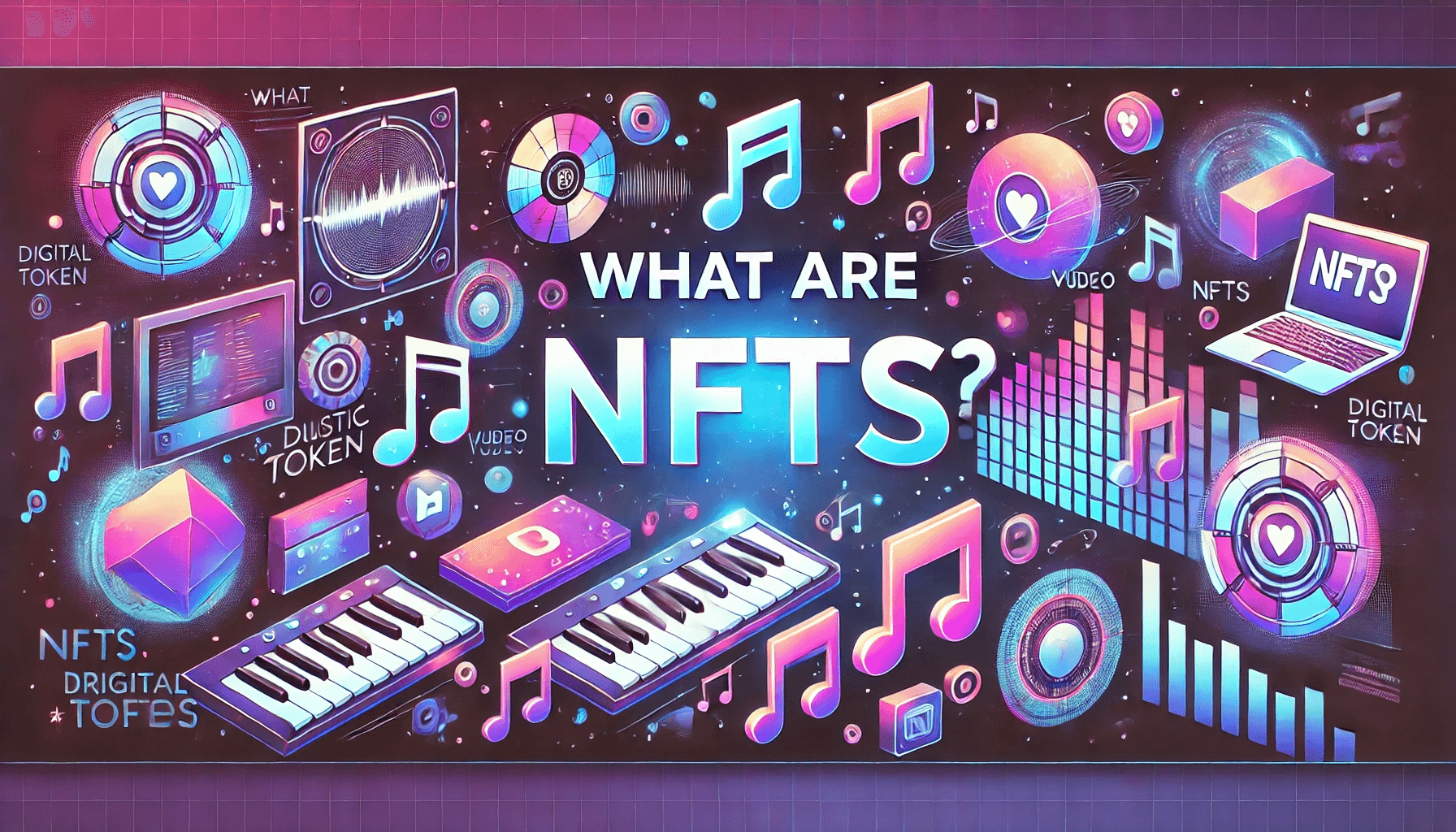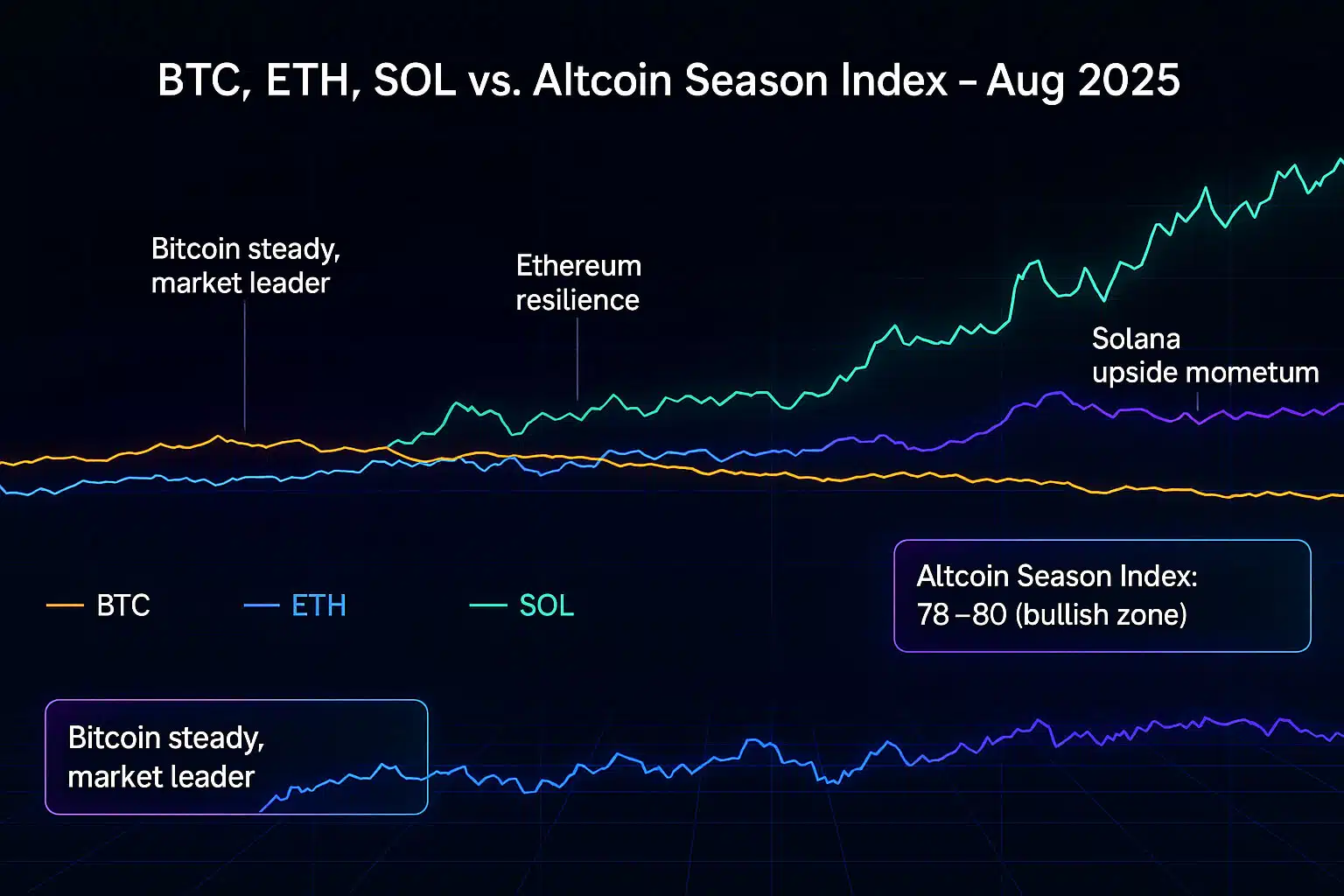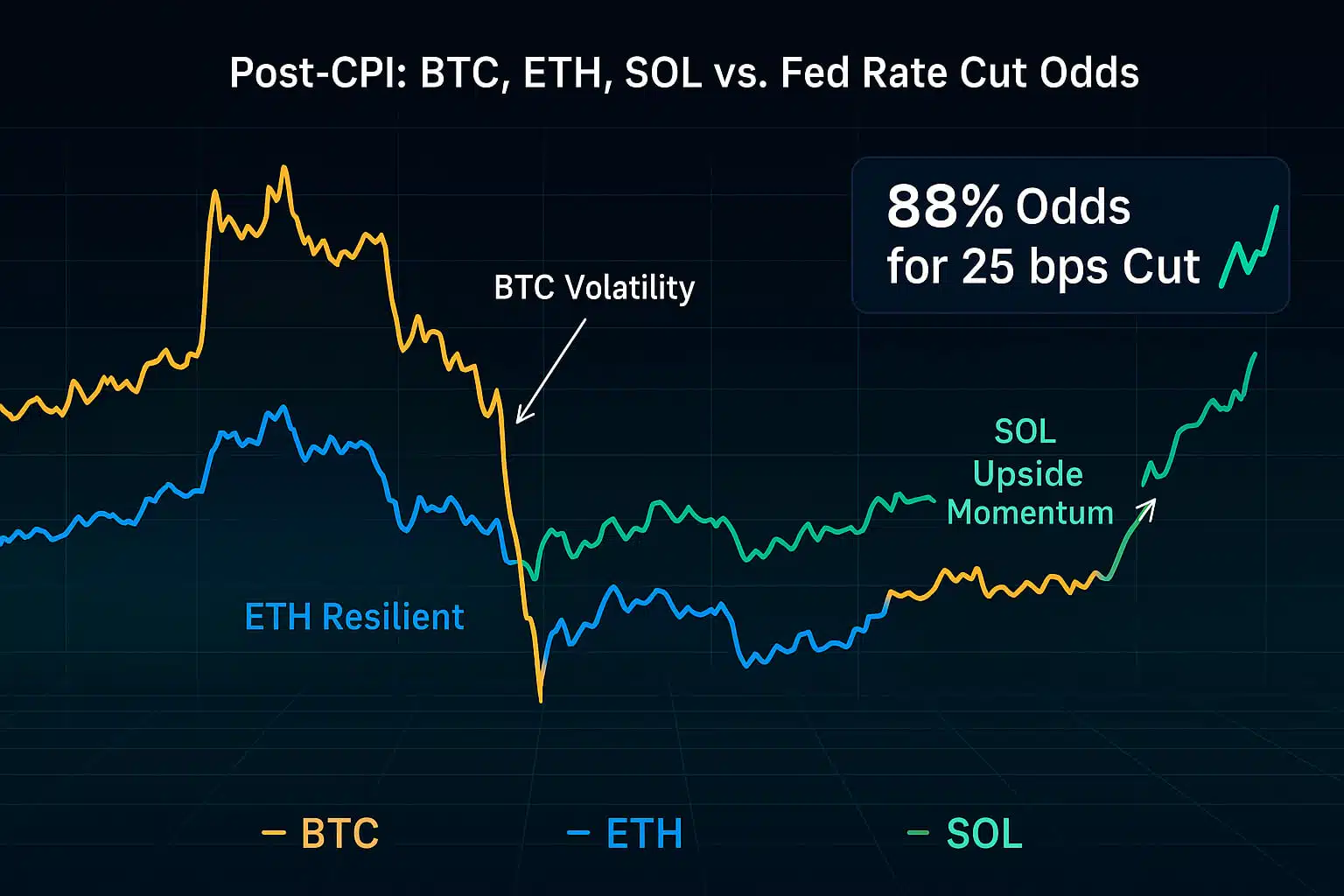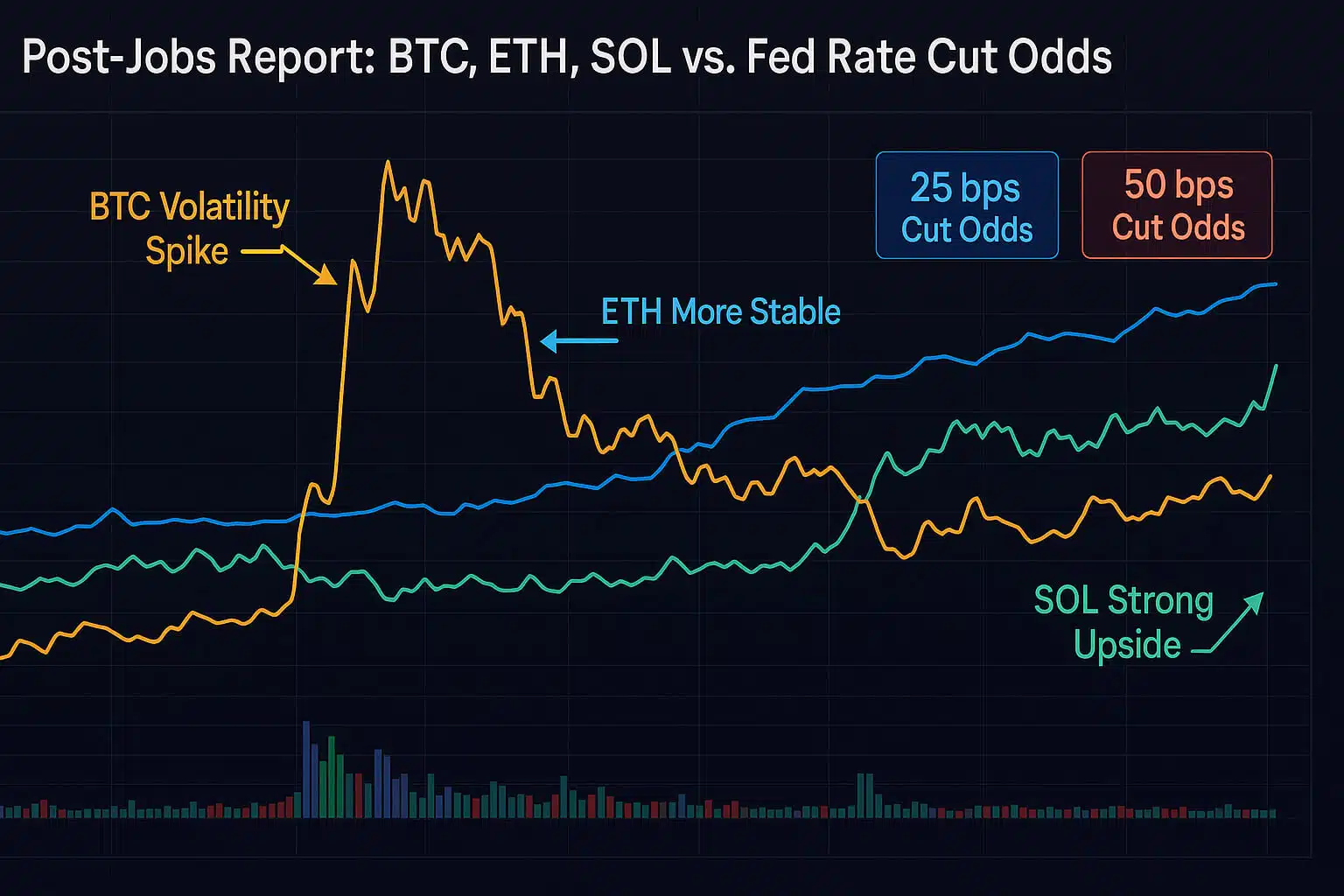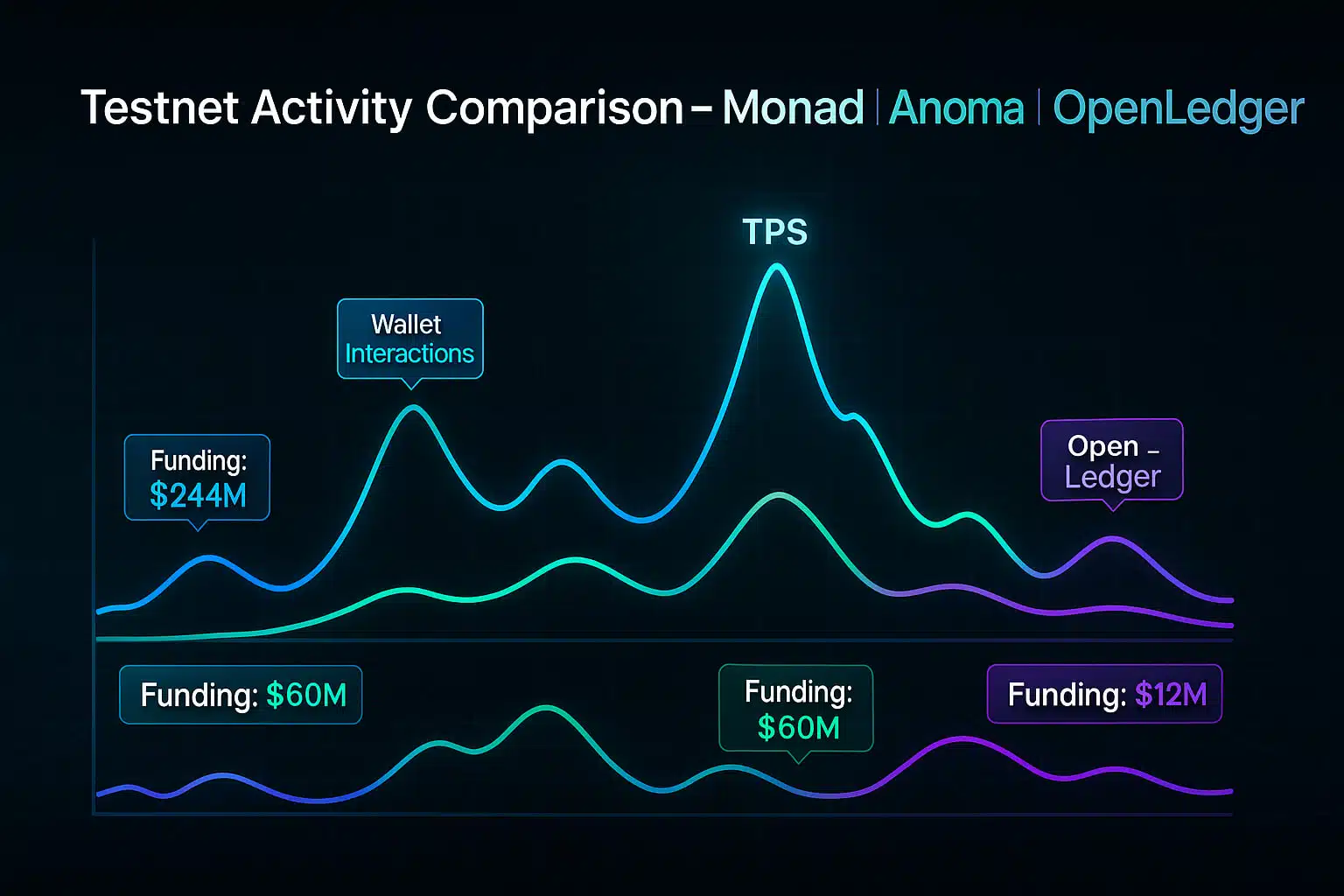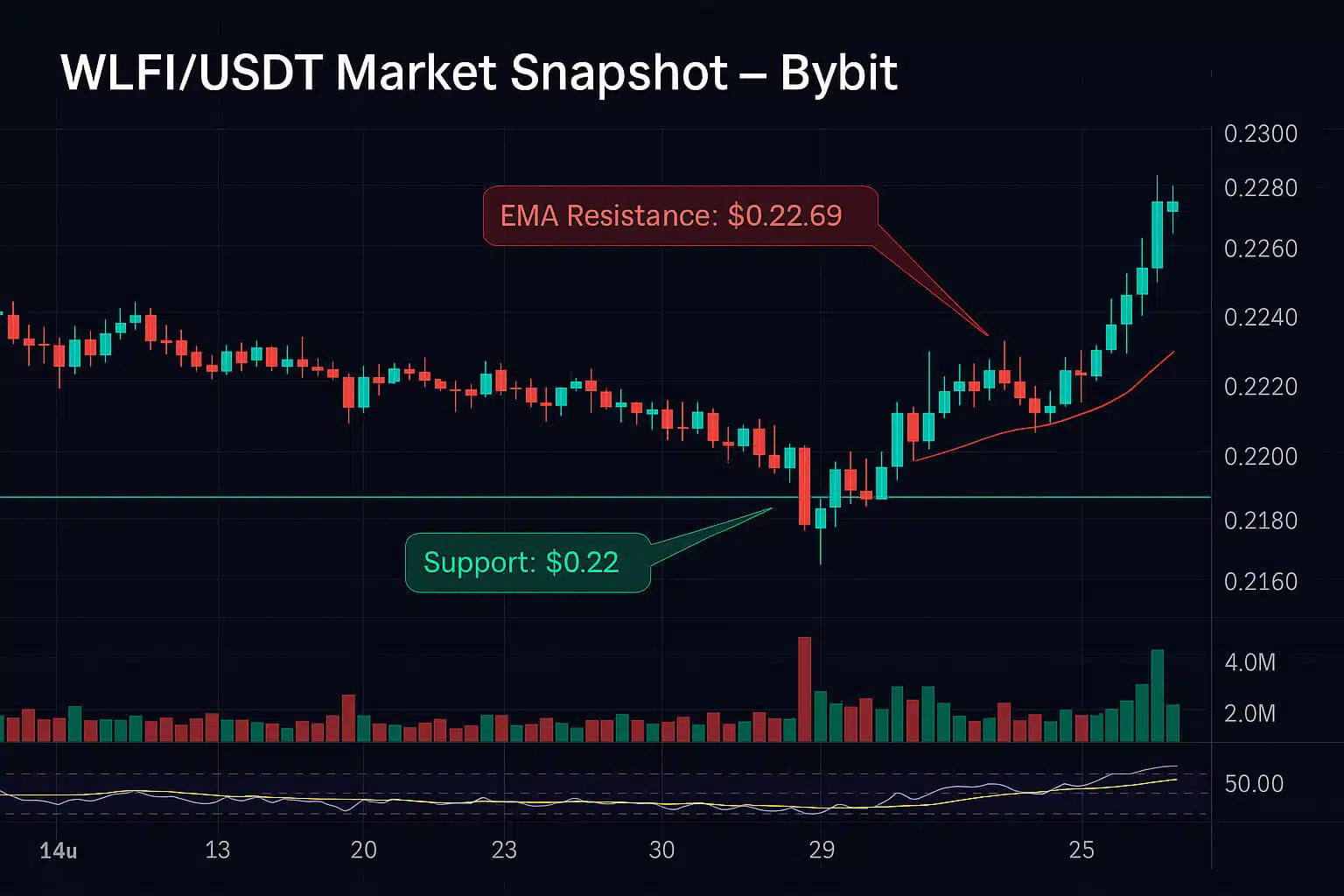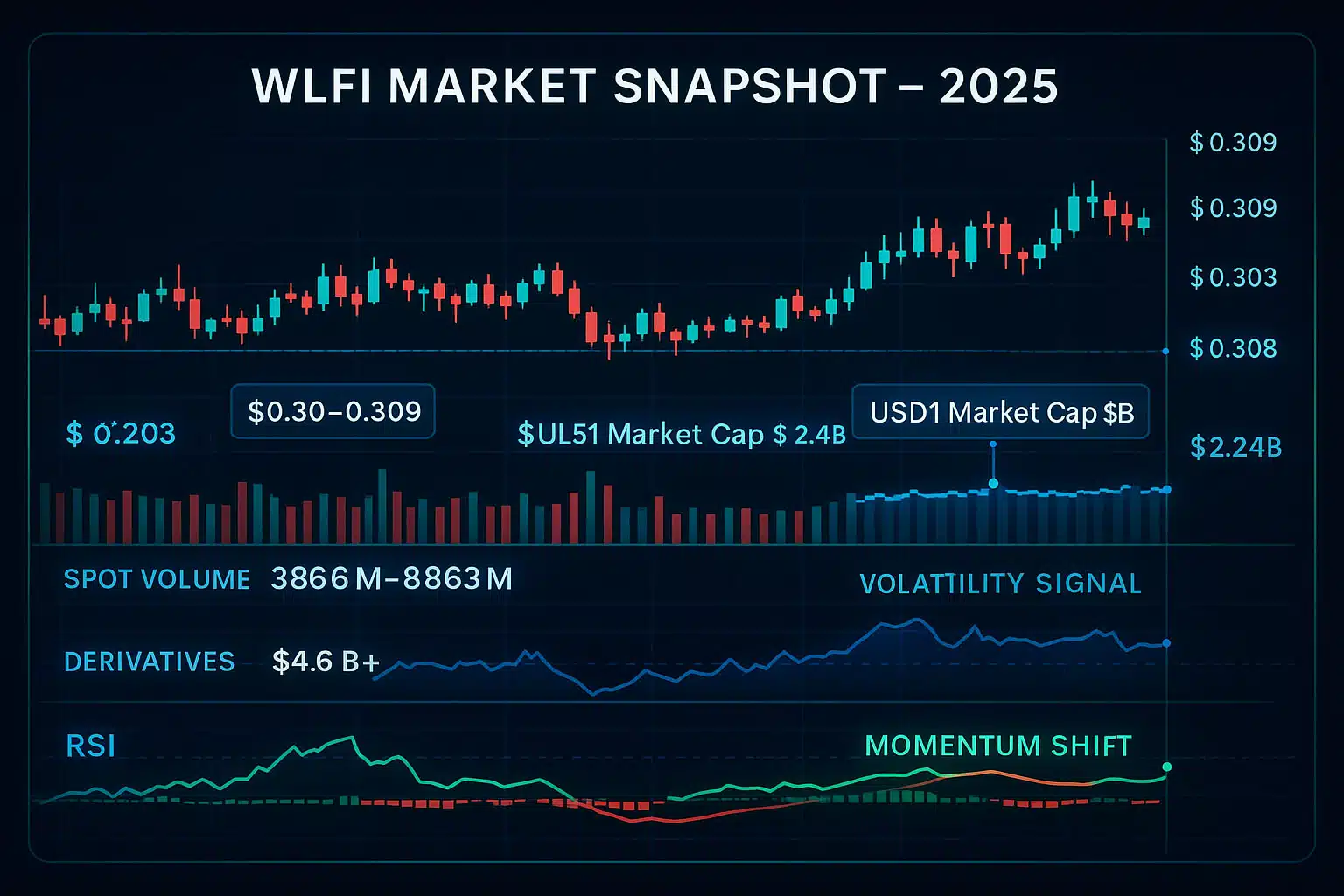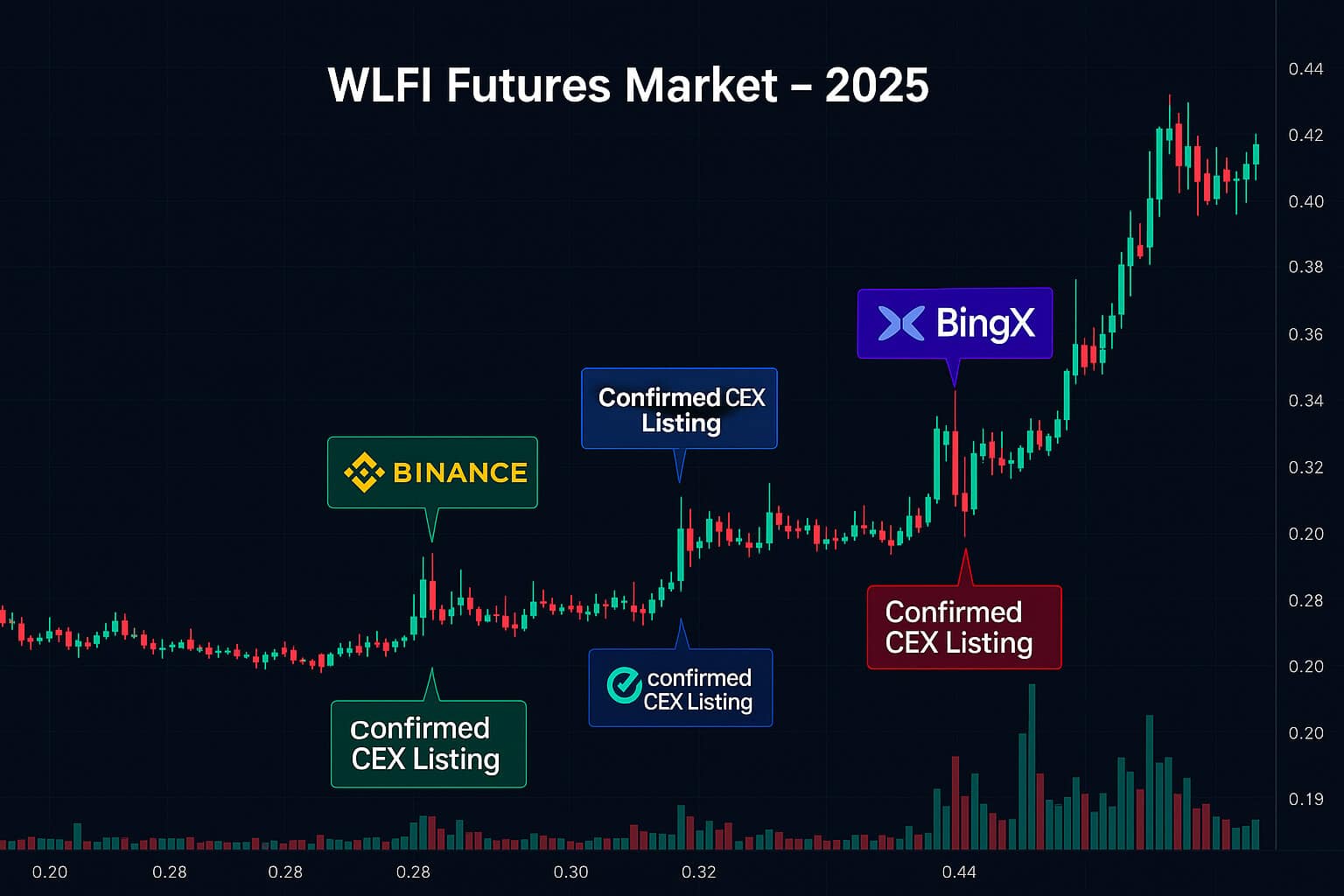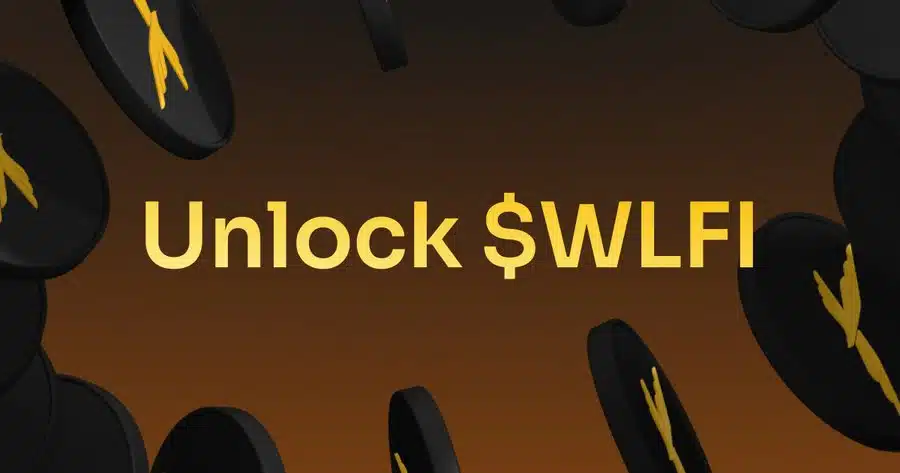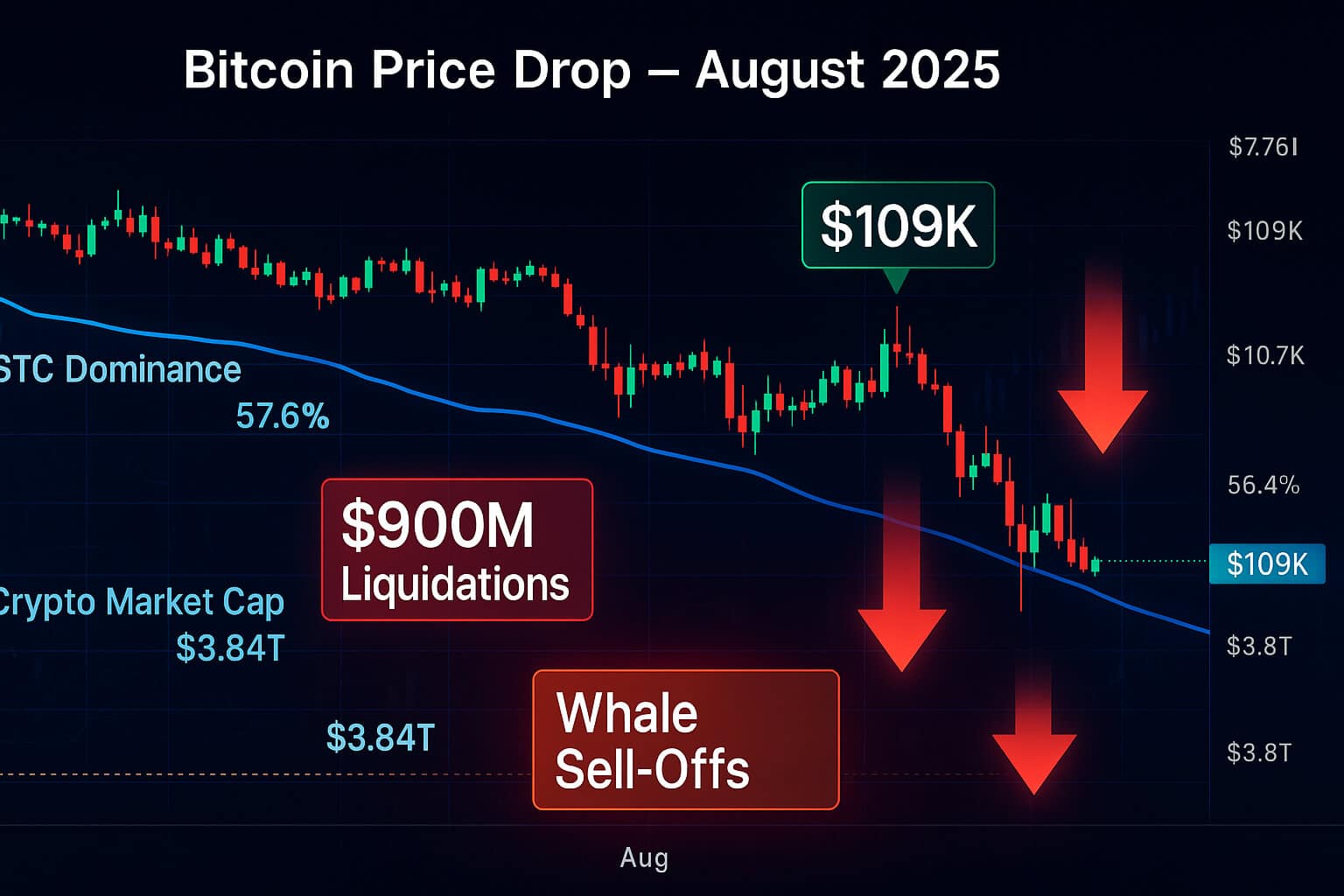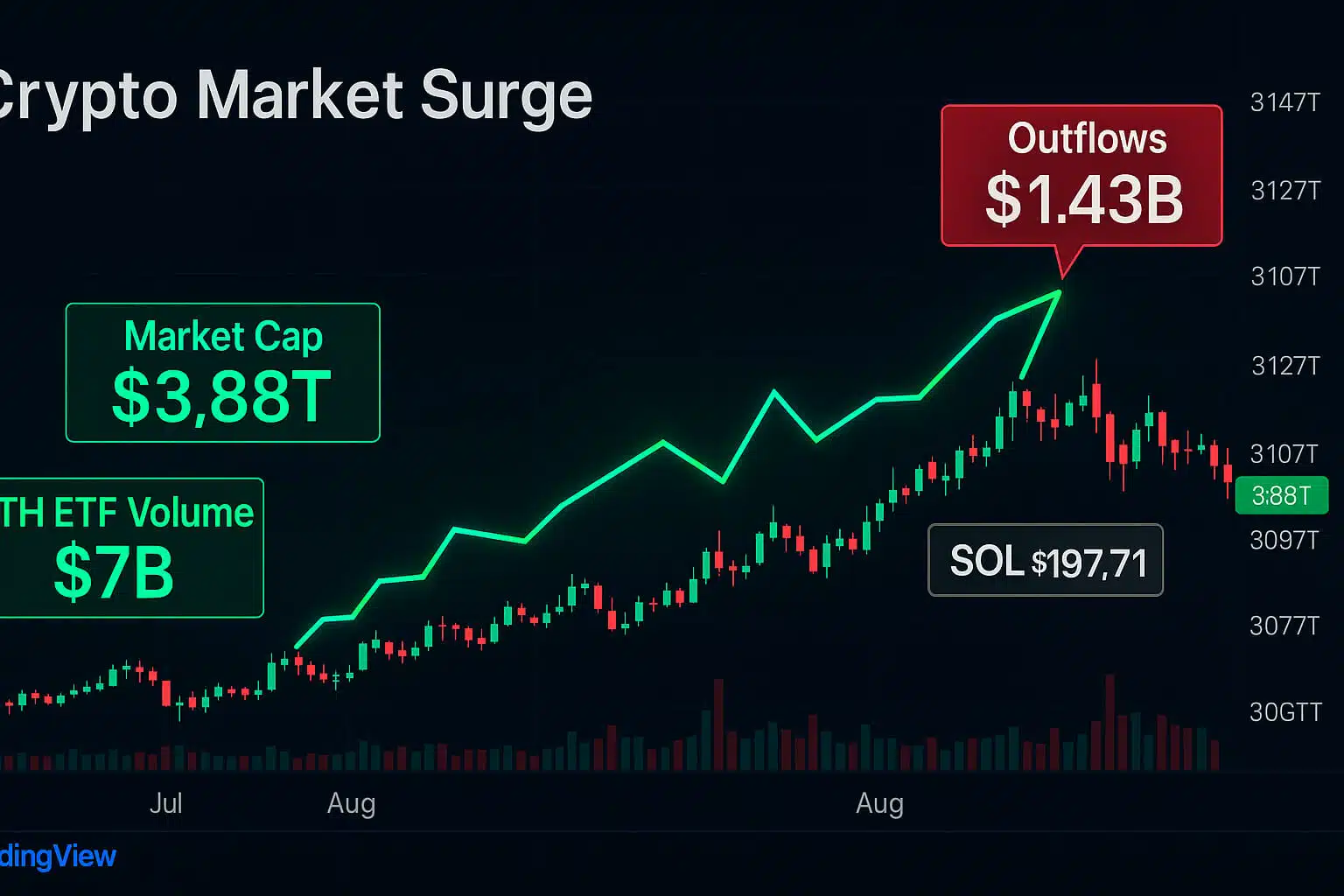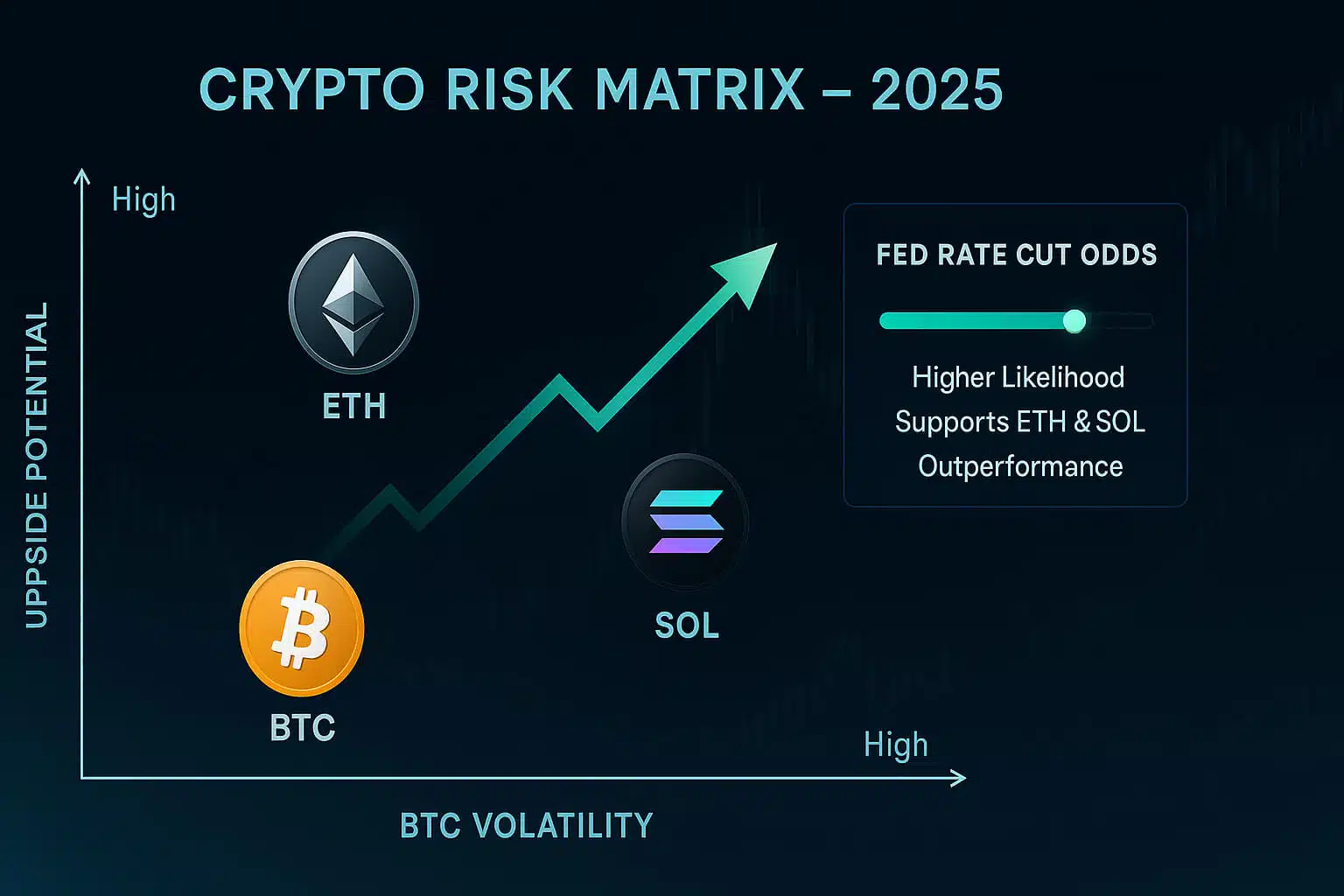What Are NFTs? An In-Depth Guide to Non-Fungible Tokens
NFTs, or Non-Fungible Tokens, have taken the digital world by storm. From digital art to virtual real estate, NFTs are revolutionizing the way we perceive ownership and value in the digital age. But what exactly are NFTs, and why have they become so popular?
Understanding NFTs: The Basics
An NFT is a type of digital asset that represents ownership of a unique item or piece of content. Unlike cryptocurrencies such as Bitcoin or Ethereum, which are fungible (meaning each unit is identical and can be exchanged for another), NFTs are non-fungible. This means each NFT is one-of-a-kind, with a distinct value that cannot be replicated.
NFTs are typically built on blockchain technology, most commonly on the Ethereum blockchain. The blockchain ensures the authenticity and provenance of the NFT, making it impossible to duplicate or forge.
How Do NFTs Work?
NFTs are created through a process called “minting,” which involves turning digital files like images, videos, or music into a digital asset on the blockchain. Once minted, the NFT can be bought, sold, or traded on various NFT marketplaces.
Each NFT has a unique identifier that distinguishes it from other tokens. This identifier is stored on the blockchain along with metadata, which may include details like the creator’s identity, ownership history, and even attributes like rarity or special features.
Applications of NFTs
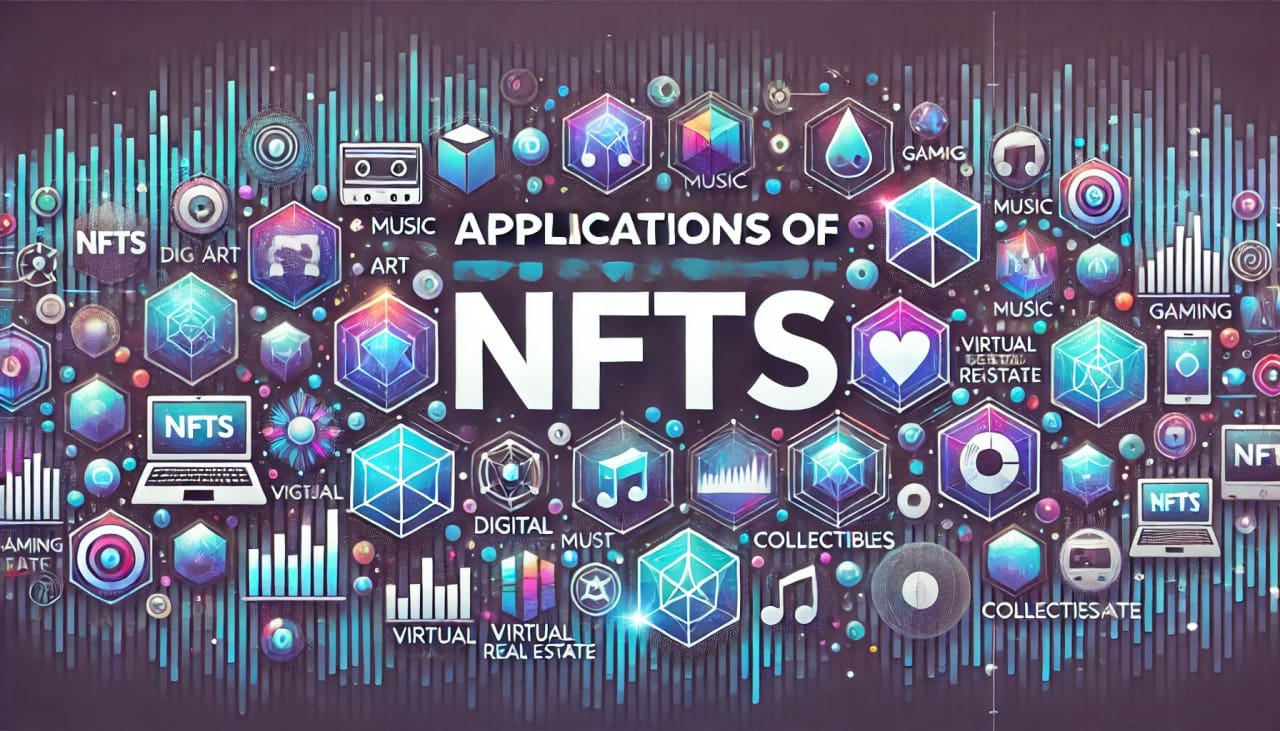
1. Digital Art and Collectibles
One of the most popular uses for NFTs is in the realm of digital art. Artists can mint their works as NFTs, allowing them to sell their art directly to collectors. NFTs provide a way for digital artists to monetize their work and ensure that they receive royalties on future sales.
Example: The artist Beeple made headlines in 2021 when his NFT artwork “Everydays: The First 5000 Days” sold for over $69 million at auction.
2. Gaming and Virtual Real Estate
NFTs are also making waves in the gaming industry. In-game items, characters, and even virtual land can be represented as NFTs. This allows players to truly own their in-game assets and even trade or sell them on NFT marketplaces.
Example: In the virtual world of Decentraland, users can buy, sell, and trade virtual real estate using NFTs.
3. Music and Entertainment
Musicians and creators are using NFTs to sell digital albums, concert tickets, and other exclusive content. NFTs can offer fans a unique way to connect with their favorite artists, often including special perks or access to exclusive events.
Example: The band Kings of Leon released their album “When You See Yourself” as an NFT, offering special editions and exclusive benefits to NFT holders.
4. Domain Names and Identity
NFTs are also used for securing unique digital identities, such as domain names on decentralized platforms. Owning an NFT domain gives the holder exclusive rights to that domain, similar to owning a traditional web domain.
Example: The Ethereum Name Service (ENS) allows users to register “.eth” domain names as NFTs, which can be used as human-readable addresses for cryptocurrency wallets.
Why Are NFTs Valuable?
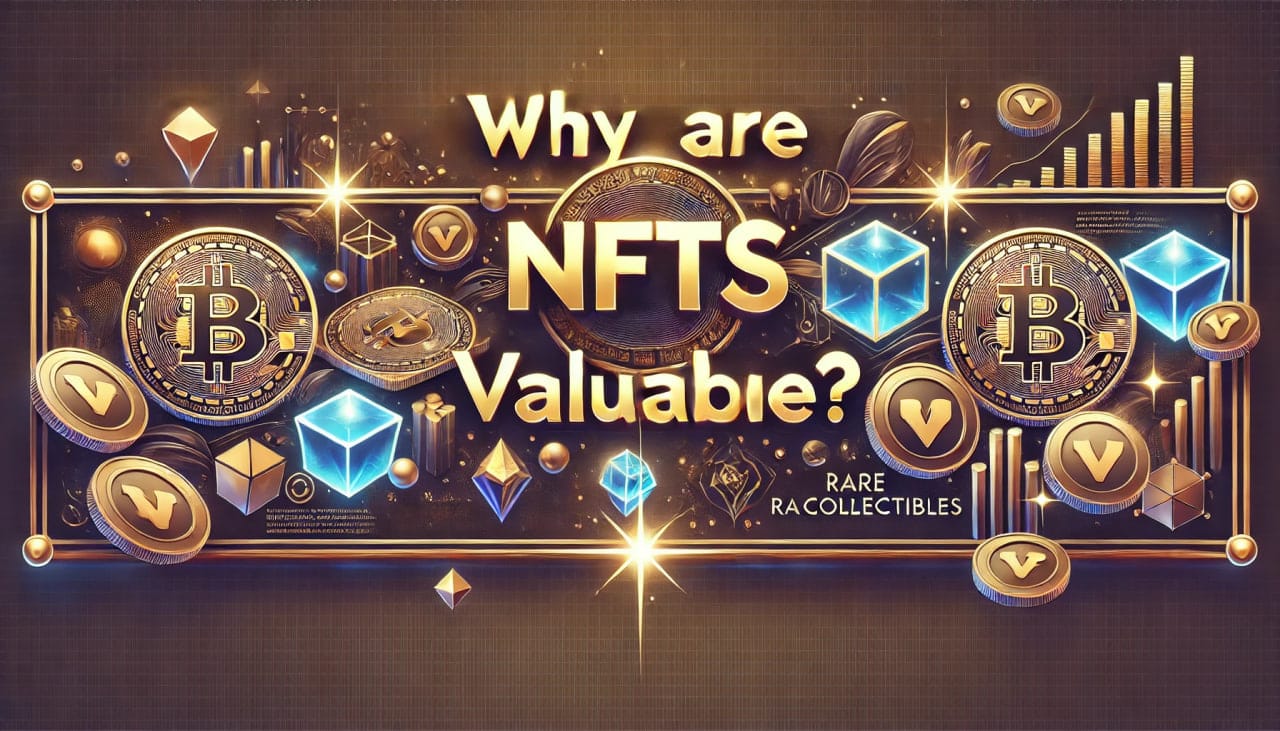
The value of an NFT is largely driven by its uniqueness and the demand for what it represents. For digital art, this could be the artist’s reputation or the historical significance of the work. In gaming, it might be the rarity of an in-game item or the strategic advantage it provides.
Because NFTs are stored on the blockchain, they offer a level of security and authenticity that is difficult to achieve with traditional digital files. Ownership is transparent and verifiable, making it easy to track the history and provenance of an asset.
Potential Risks and Challenges
While NFTs offer exciting opportunities, they also come with risks. The value of an NFT can be highly speculative, with prices driven more by hype than intrinsic worth. Additionally, the environmental impact of minting and trading NFTs on energy-intensive blockchains like Ethereum has raised concerns.
There are also legal and copyright issues to consider. Since NFTs represent digital ownership, the original creators must have the rights to mint and sell their work as an NFT. Unauthorized minting of copyrighted material could lead to legal disputes.
Conclusion
NFTs are changing the way we think about digital ownership and value. From digital art and collectibles to gaming and virtual real estate, NFTs are creating new opportunities for creators and collectors alike. However, as with any emerging technology, it’s essential to approach NFTs with a clear understanding of both their potential and their risks.
For more in-depth analyses and guides on cryptocurrency trading and best practices, visit our crypto guides and news page.
If you’re interested in learning more about the technologies and concepts behind NFTs and other cryptocurrencies, check out educational resources on NFTs, visit our NFT section.
Stay Updated
For the latest updates on NFTs and crypto news, follow us on:
Stay informed with the latest trends, analyses, and strategies to help you navigate the world of cryptocurrency at FreeCoins24.io.
Special Offer
For an enhanced trading experience, consider Bybit. Sign up through our referral link to unlock exclusive rewards, including up to $30,000 in deposit bonuses, and elevate your trading journey.



